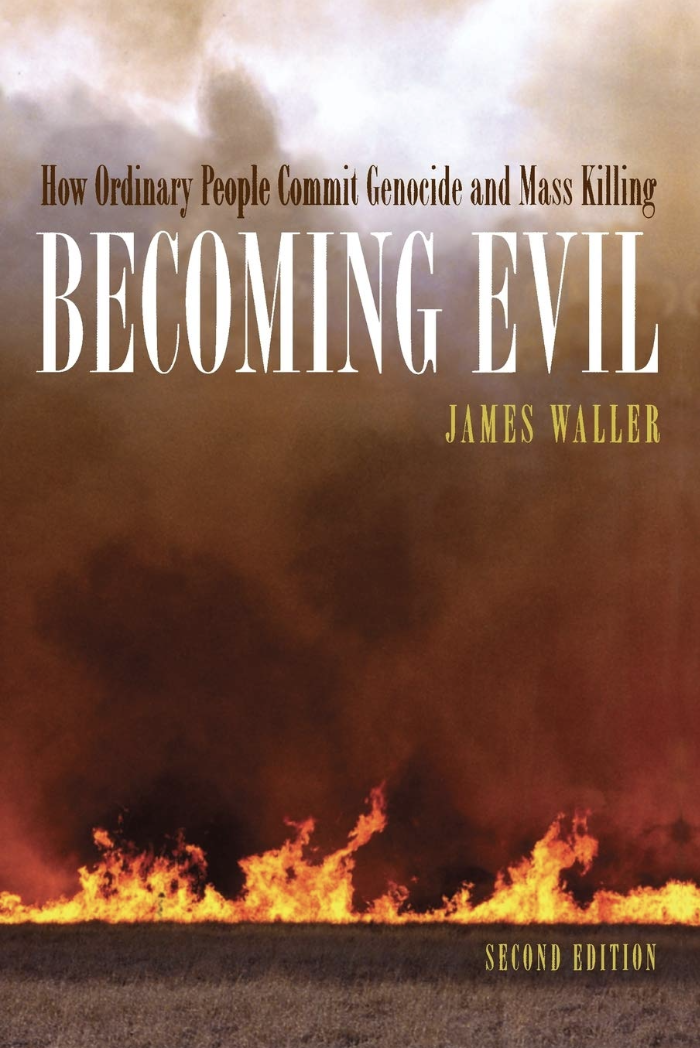By Shaina Salman.
It happened quickly. Yahya Jammeh, The Gambia’s twenty-two-year de facto dictator, boarded a plane to Equatorial-Guinea accompanied by Alpha Condé, Guinea’s president, and most of his fleet of luxury cars. It was almost as if Jammeh’s departure suddenly ripped a band-aid from The Gambia exposing its deep wound to the world- a wound many accuse Jammeh himself of inflicting. Many now think it is time to move on. With Jammeh gone and Adama Barrow having been democratically elected President of The Gambia, many think it is now time to forget about the past and forge a new path. Unfortunately, as we have learned from countries that have dealt with conflict, dictatorships, and civil war, time alone does not heal all wounds. Sometimes, wounds need to be treated, disinfected, and nursed back to health and the same can be said for societies that have been marred by regimes of terror. These societies need to deal with the sources of its pain, understand past transgressions in order to avoid further damage in the future. The Gambia needs transitional justice – it needs mechanisms that deal with all the open questions left to be answered -it needs to do so on its own and it needs to do so by establishing equitable processes that allow people to find peace in the truth and to repair the years of damage as best as possible. […]

